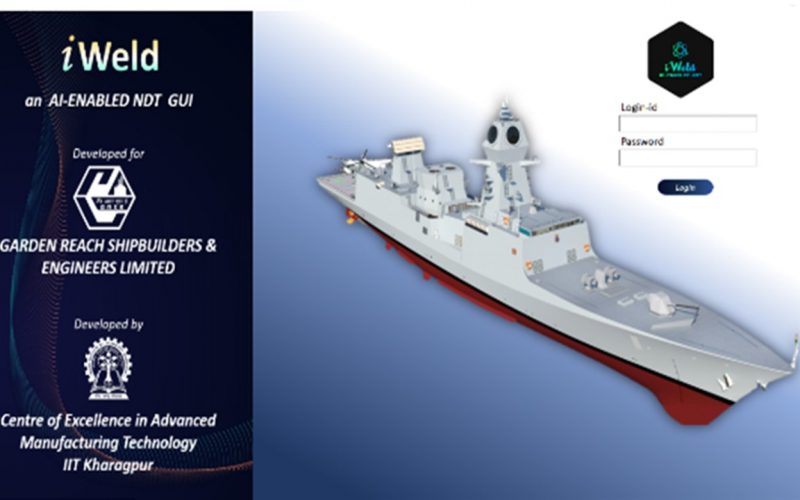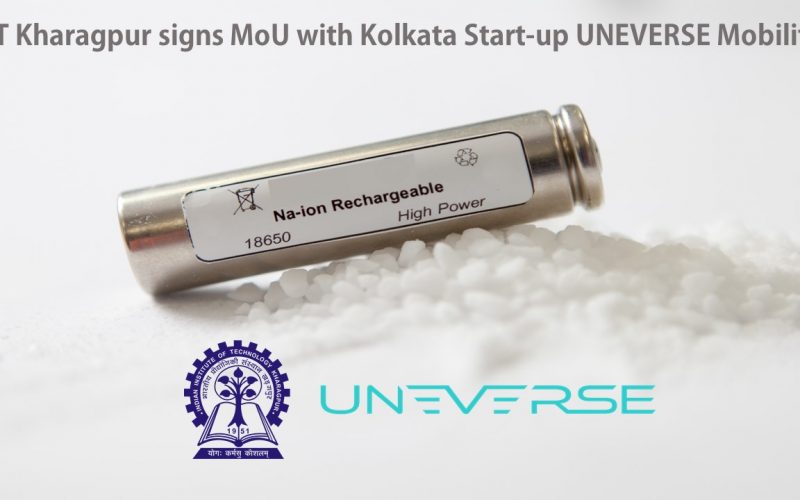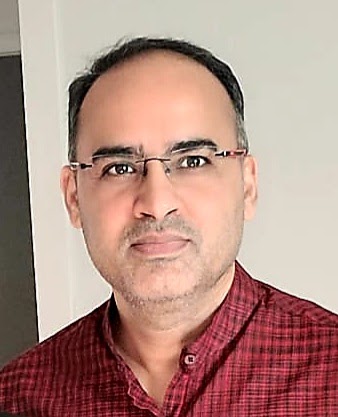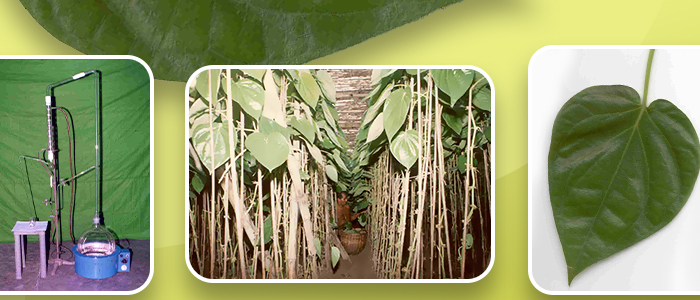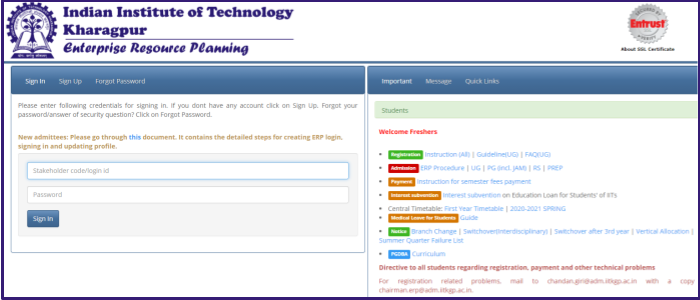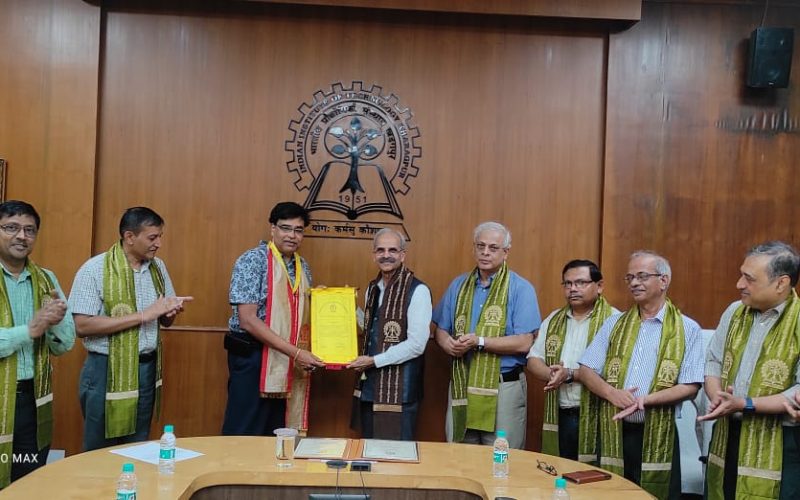
“Visiting IIT KGP is the greatest joy and a timeless experience,” said Prof. Sudipta Seal on receiving the Distinguished Alumnus Award 2018
Prof. Sudipta Seal is an eminent scientist, entrepreneur and a distinguished professor who was honored with the Distinguished Alumnus Award 2018 by IIT Kharagpur in the 64th Convocation of the Institute. Recently, he revisited his Alma Mater after a gap of many years to take a walk down the memory lane, reminiscing his college days and reuniting with his mentors and professors. While visiting his department and his hall, he sank into the depths of memorabilia and the evergreen nostalgic pages of his life. He was bestowed with Distinguished Alumnus Award which he was unable to collect previously, by Prof.…

